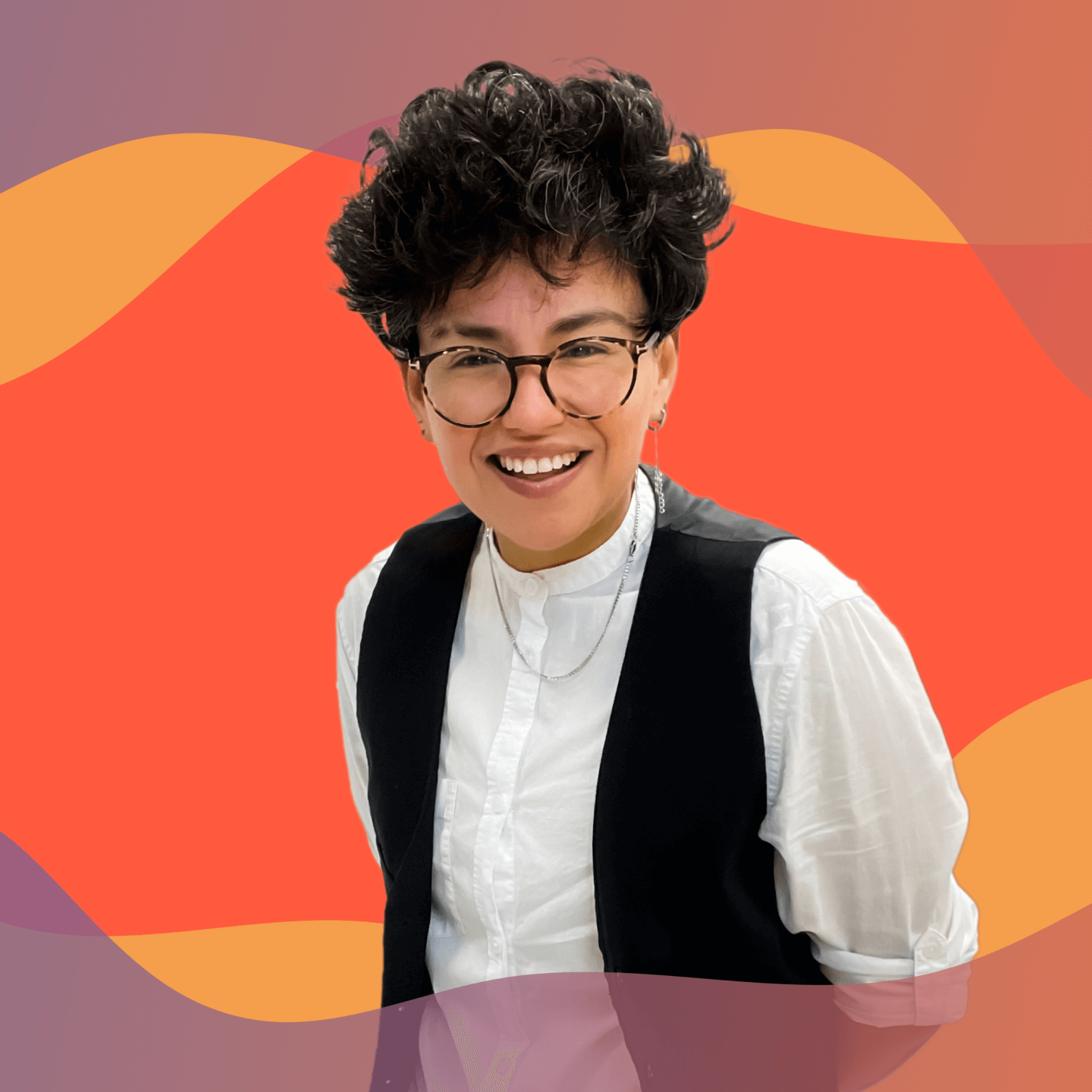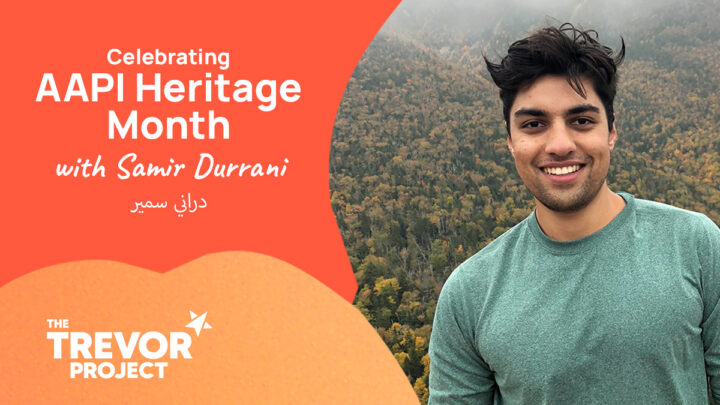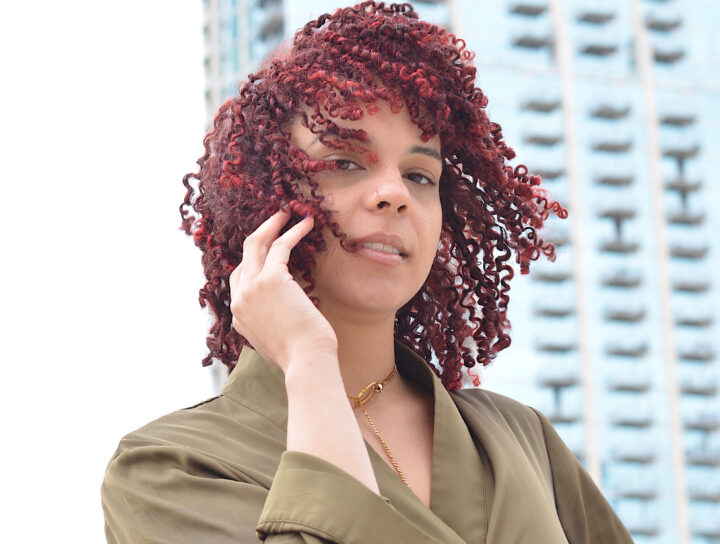For Selina Peña (she/they), queer Chicanx educator and content creator, school has always been a refuge. She teaches at the very high school she graduated from, a school that provided a safe haven from her home environment. “Growing up in a bordertown, I took on various roles, including translator and caretaker,” Selina explained. “Now, as a queer Latina high school teacher in south Texas, I’m committed to fostering an inclusive and empowering classroom. I am aware of the value of representation in school and how it affects students’ sense of identity and self-worth. I work hard to make sure my students know they are valued and seen.”
Still, for many LGBTQ young people, school can be an unwelcoming place, and going back to school means going back to ridicule, harassment, alienation, or otherwise misunderstanding. And after over a year of hundreds of anti-LGBTQ bills being passed across the country, some of them impacting what can be taught and spoken about in school, LGBTQ young people may not have the refuge they deserve.
Selina’s work is to make sure her students know that her classroom is that safe place — and give others the tools to do that too. “As a teacher I see students struggling to adapt to the real world and facing barriers and unrealistic expectations. I aim to provide a safe and brave space that promotes inclusivity, focusing on BIPOC, LGBTQ+, neurodivergent, and disabled communities.”
Just one of the ways Selina fosters a respectful and safe environment for students are community agreements, guidelines created by groups in order to ensure an inclusive and respectful environment. “I work to create a safe and inclusive classroom with their consent. These agreements promote open communication, respect for one another, and active listening, allowing students to engage with diverse voices and ideas while also feeling comfortable expressing their own.”
More features of Selina’s inclusive classroom include culturally responsive resources, mentorship, and knowledge that students instinctively possess (like TikTok). “I aim to incorporate new and technological ways to enhance different learning styles while incorporating traditional ones. My impact on education starts in my classroom, where I represent the community I grew up in and teach students to think critically and beyond standardized tests while establishing a safe and brave environment.”
But allyship goes beyond the classroom; as Selina says, “Being an ally isn’t just a noun; it’s a verb. Allies can be proactive by modeling inclusive behavior to better help LGBTQ+ young people. When unsure, promoting understanding through knowledge-sharing and providing mental health tools, like those offered by groups like the Trevor Project, can drastically make all the difference.”
“[Educators] have the amazing opportunity to mold the minds and souls of the next generation inside the vivid tapestry of our classrooms. Let us bear in mind the huge impact we can have on our students’ lives as we stand in front of them each day for our classes. For our diverse and intersectional communities, our presence might act as a beacon of understanding, acceptance, and hope. By cultivating an inclusive culture, we create an environment in which each student feels respected. Let us appreciate their individuality and give them a stronger voice so that they can achieve their limitless potential. ”
“To every and any student, embrace your unique identities, dreams, and passions with pride, as they make you powerful. Keep in mind that you have a community of friends, family, and teachers that can support and encourage you. Always remember that you have unlimited potential and that you are capable of overcoming obstacles and achieving victories. Keep illuminating the world with your light and revealing who you truly are.”
Sue Cardenas-Soto is a Copywriter at The Trevor Project, the leading suicide prevention and mental health organization for lesbian, gay, bisexual, transgender, queer & questioning (LGBTQ) young people. If you or someone you know is feeling hopeless or suicidal, our trained crisis counselors are available 24/7 at 1-866-488-7386 via chat www.TheTrevorProject.org/Get-Help, or by texting START to 678-678.


